Plato’s Five Regimes
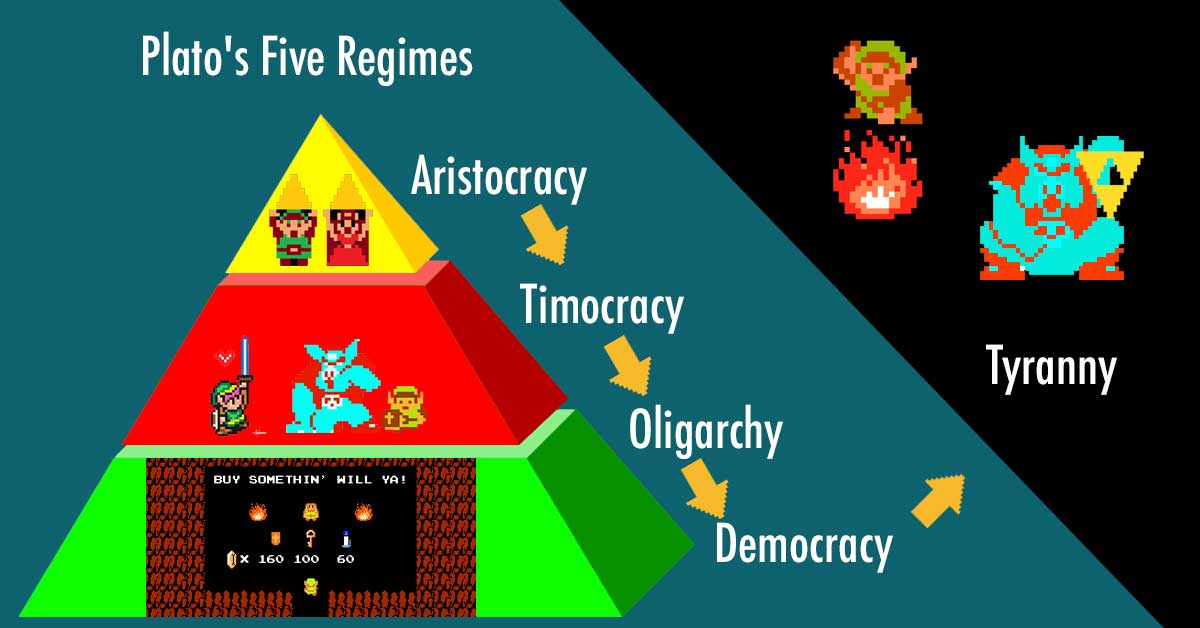
Plato discusses five regimes (five forms of government) in his Republic, Book VIII. They are Aristocracy, Timocracy, Oligarchy, Democracy, and Tyranny.
Philosophy is the study of the natural and theoretical nature of knowledge, reality, existence, and being. Philosophy can broken down into categories based on subject and technique. See the branches of philosophy.

Plato discusses five regimes (five forms of government) in his Republic, Book VIII. They are Aristocracy, Timocracy, Oligarchy, Democracy, and Tyranny.
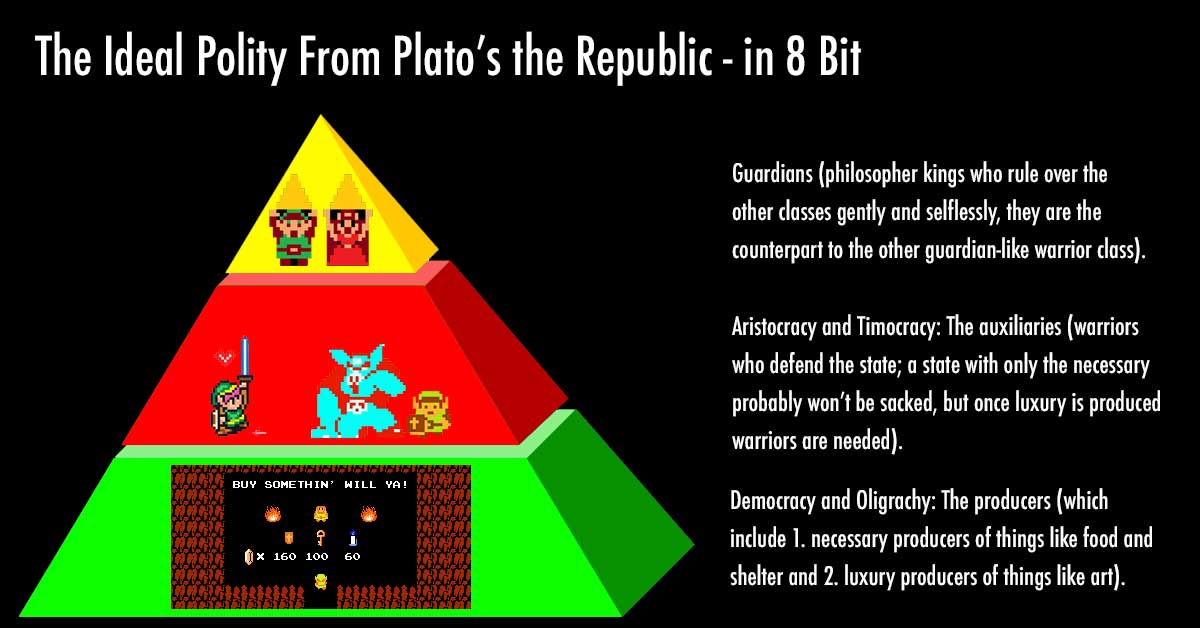
Classically speaking, the term Polity means “a state” (a group of people under a single social contract), but it also implies an “ideal state” (a Kallipolis).
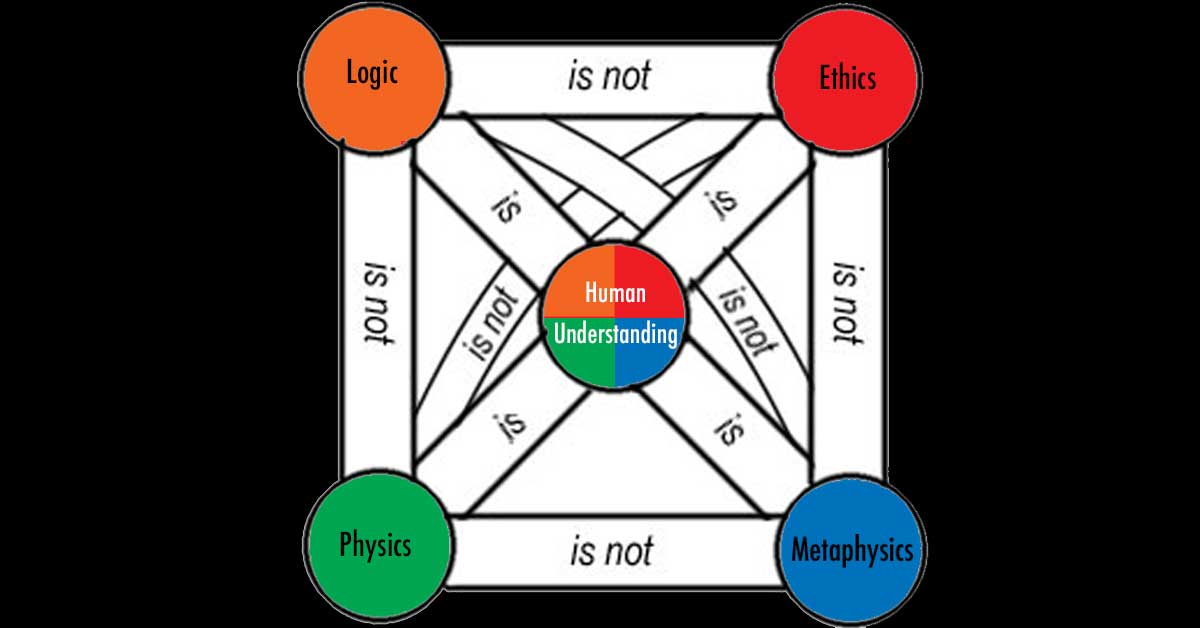
All knowledge, all human understanding, can be said to be of four types: physical (empirical), logical (reason), ethical (philosophy in-action), and metaphysical (pure philosophy).

We discuss “giving names to concepts” (defining terms), identifying with terms, be identified by terms, and the implications of this.

What we call the political left and right are an outgrowth of liberty and the human condition. Once people are free to express themselves, they will create a left and right (because left and right are a reflection of human nature). This is essentially true for any issue or debate, be it national politics, a local community issue or even a family or other small group issue.

Principles are, in a broad sense, simply rule-sets which we follow. Below we will discuss the importance of different types of principles.
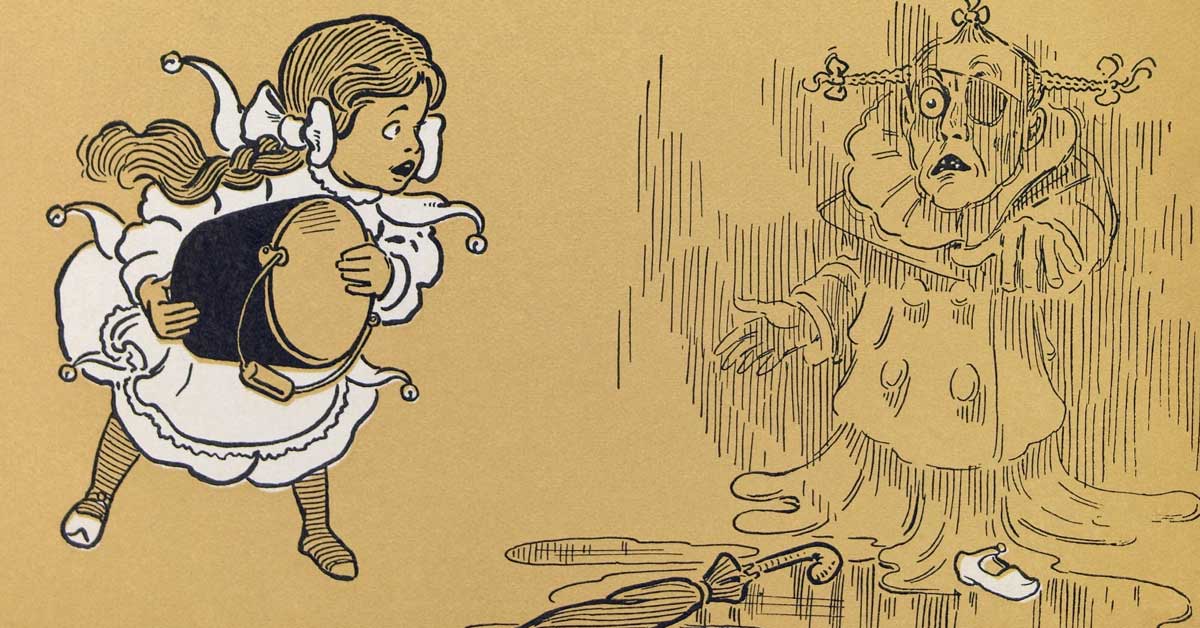
Bringing secrets and the taboo “out of the dark and into the light”, by practicing transparency and openness rather than repression, takes away their power.
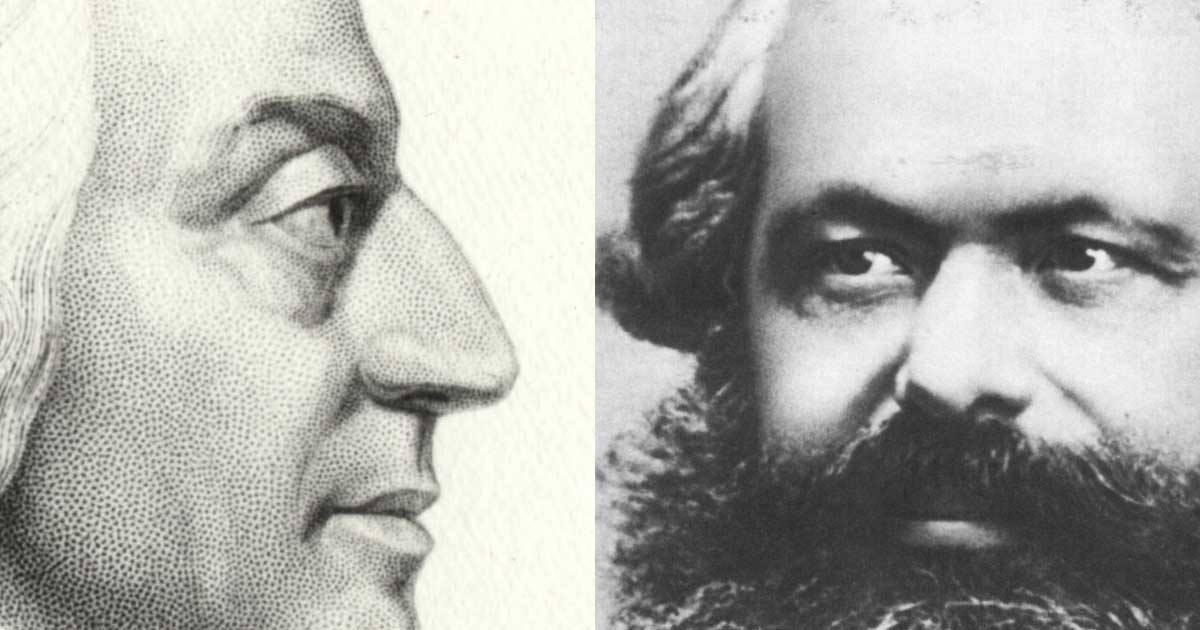
The concept of political correctness can be understood as an excess or deficiency of a few key virtues. Here is a model of “the virtues of political correctness” based on Aristotle’s virtue theory of means.
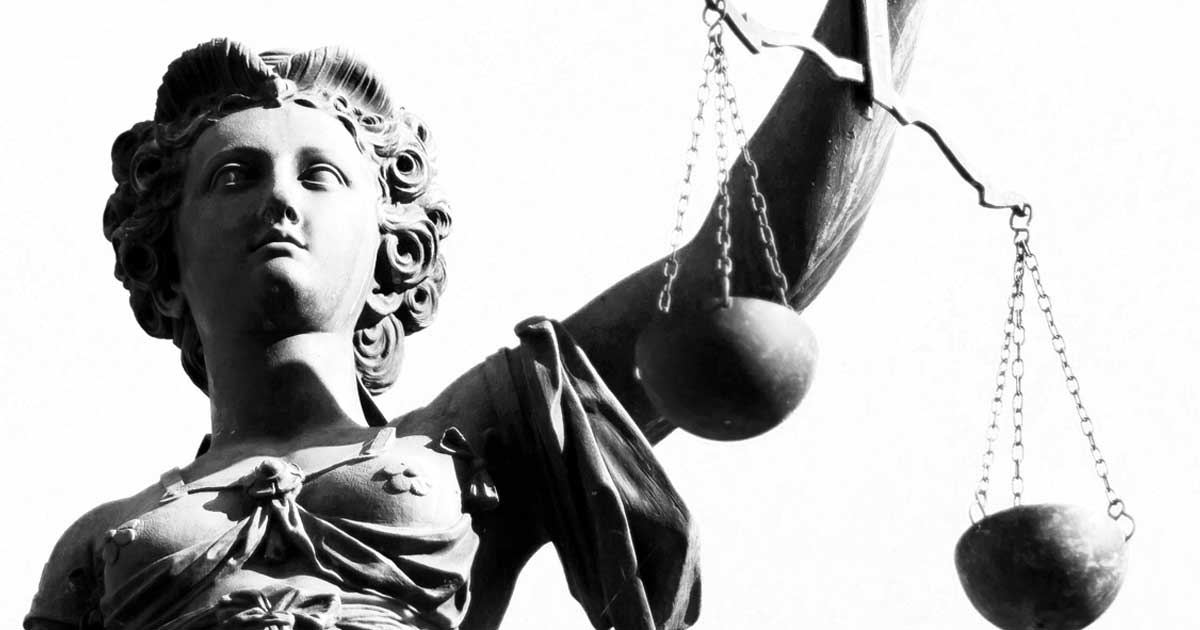
Plato’s Republic, utilitarianism, the philosophies of morality, ethics, politics, virtue, and law are all centered around one question “what is justice?” (AKA “what is fairness?”).
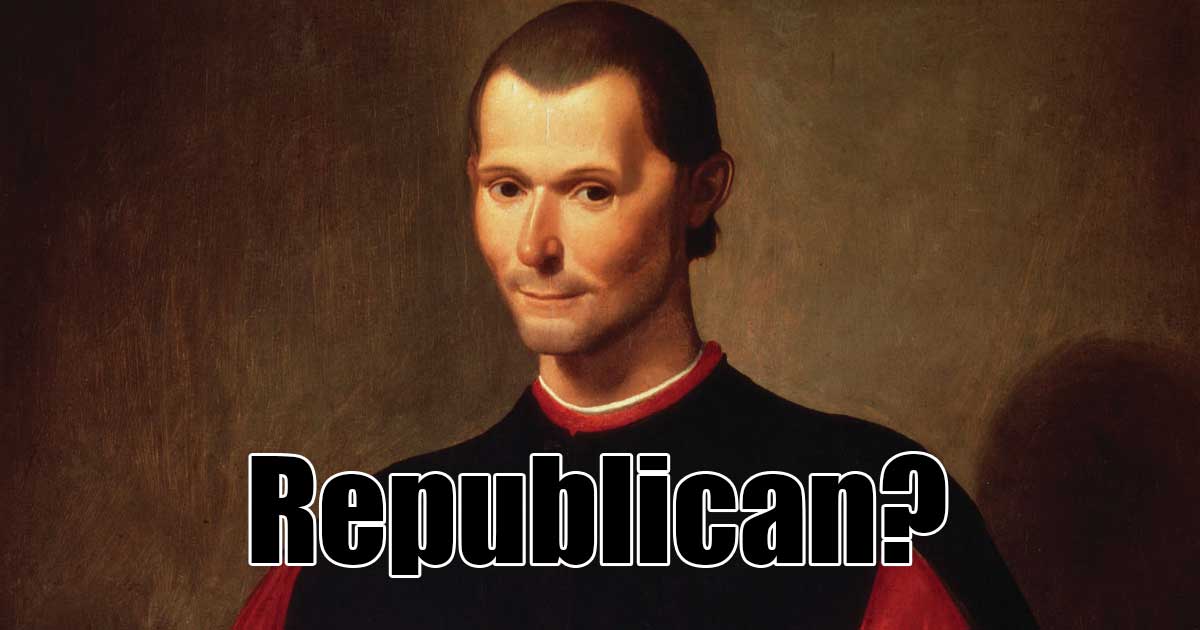
We discuss Republics in general including the philosophy of republics, classical and modern republicanism, and real Republics in-action.